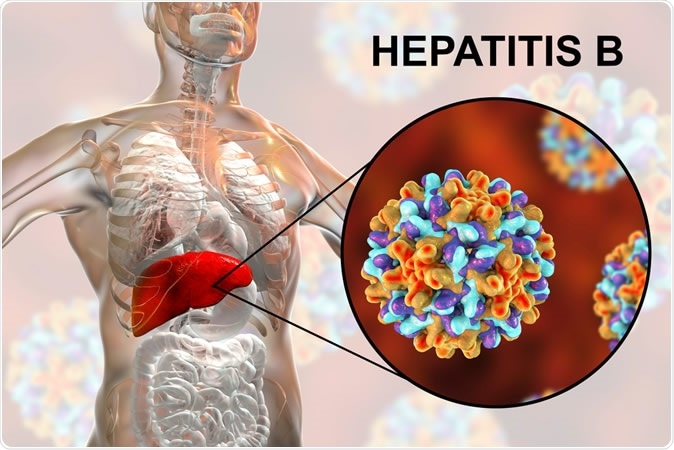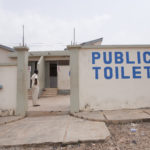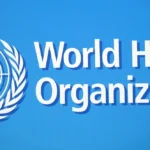More than 124,000 Africans die every year from the consequences of undetected and untreated hepatitis, the World Health Organisation (WHO) has said.
The WHO’s Regional Director for Africa, Dr Matshidiso Moeti, stated this in her statement to mark this year’s World Hepatitis Day.
- BREAKING: Security beefed up as Zakzaky, wife’s trial continues in Kaduna
- Bandits Abduct Jaba Paramount Ruler In Kaduna | TRUST TV
World Hepatitis Day is marked on 28 July every year. The theme of this year’s commemoration is ‘hepatitis can’t wait’.
Dr Moeti said hepatitis is a silent epidemic in Africa, adding that more than 90 million people are living with hepatitis in the region, this accounts for 26% of the global total.
She said: “Around 4.5 million African children under five years old are infected with chronic hepatitis B, reflecting an enormous 70% of the global burden in this age group.
“The global target of less than 1% incidence of hepatitis B in children under five years has been reached, but the African Region is lagging behind at 2.5%.
“Most of these cases could be prevented by eliminating mother-to-child transmission of the disease, during or shortly after birth and in early childhood.
“Key interventions against hepatitis B include vaccination at birth and in early childhood, screening pregnant women, and providing timely treatment.”
While calling on all countries to rapidly improve access to services to prevent, diagnose and treat hepatitis, Dr Moeti also enjoined countries to integrate the Hepatitis B Prevention of Mother to Child Transmission (PMTCT) in the ante-natal care package together with the HIV and Syphilis PMTCT program.
She said only 14 countries in the region were implementing hepatitis B birth-dose vaccine.
According to her, among people who are infected, nine out of 10 have never been tested because of limited awareness and access to testing and treatment.
“Even among countries offering hepatitis B birth-dose vaccine, health systems are facing challenges in ensuring pregnant women and mothers are tested and that those who test positive are treated,” she said.
The WHO regional boss added that there were many promising developments on hepatitis.
She said these include the launch of the first global strategy on hepatitis in 2016, along with increased advocacy in recent years, and “political will is starting to translate into action and Hepatitis medicines become much more affordable.”
She said African leaders had committed to address viral hepatitis as a public health threat in the Cairo Declaration in February 2020 and to guide action on hepatitis.
Also, 28 African countries now have strategic plans in place, and at the global level, WHO guidelines were launched last year on the prevention of mother-to-child transmission of hepatitis B.

 Join Daily Trust WhatsApp Community For Quick Access To News and Happenings Around You.
Join Daily Trust WhatsApp Community For Quick Access To News and Happenings Around You.


